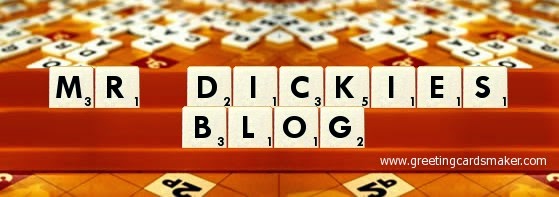One Nation After Trump
A Guide for the Perplexed, the Disillusiioned, the Desperate, and the Not-Yet-Deported.
by
E.J. Dionne, Jr.
Norman J. Ornstein
Thomas E. Mann
I recently finished reading this book that I borrowed from the county library. I thought the book was Excellent.
This post is includes a few extractions from the book.
Fake News - page 54
The road to "fake news" was paved by the disdain in a large part of the conservative movement for real news. The trail to "alternative facts" was blazed by a mistrust of those whose jobs and professional ethics required them to report and rely on real facts.
Election of Donald Trump - p. 175
... But his [Donald Trump's] election ought to jar those who make up our nations's governing class. They now know that Americans in large numbers were so disaffected that they embraced a candidate whose temperament and behavior were plainly ill suited to the requirements of the nation's highest office.
Lessons - p, 220
Among the many lessons to take away from the Trump campaign is how destructive a candidate who capitalizes on and encourages a lack of empathy can be.
Community p. 223
Writing about the devastation of a seemingly indestructible mountain culture in a West Virginia community struck by flooding in 1972, the sociologist Kai Erikson described the human role of community as clearly as anyone has, "It is the comminity that cushions pain, the community that provides a context for intimacy, the community thar represents morality and serves as the repository for old traditions." His classic Everything in Its Path: Destruction of Community in the Buffalo Creek Flood underscored how fragile community can be.
Citizen Involvement - p. 246
Getting more citizens into the democratic fray is essential to defending and repairing our republic.
But as Ivins would insist, democracy is not for wimps or for those who seek purity in all things. Ours is a complex, pluralistic, representative democracy, one in which political parties play an essential role in elections and policy making. People pursue their right "to petition the Government for a redress of grievances" in many ways, some of them boisterous and inconveniet. Powerful group identities shape the relations between representatives and the represented. Getting into the fight will mean devoting outselves to the often-hard work of politics, even when it makes us uncomfortable. It will require recognizing that we will not always be successful but that each experience will sharpen our skills. It will demand creative approaches to effecting change. It will mean becoming involved with some of the oldest forms of political action, inside parties and at the precinct level, while at the same time being willing to embrace new political alliances.
Electoral College - p. 257
Why should Americans who choose to live in California be punished by having their electoral power reduced? Should it not be more troubling that 4.27 million voters in California mattered far less than 10,704 voters in Michigan, 22,748 voters in Wisconsin, and 44,292 voters in Pennsylvania? Either we are a democratic republic, or we are not. We either believe in one person, one vote, or we don't.
Consider Trump - p, 286
Consider the aspects of Trump’s persona and approach that incite such disquiet and rage: the ease with which he demonizes whole groups of Americans; his indifference to fact; his willingness to lie with impunity; his lack of even elementary knowledge or intellectual curiosity about policy; his proclivity toward shifting positions again and again; his quest to tote up “wins” without any concern about the content of the proposals he is pushing; his lack of any historical sense; his belief that everything is about a “deal”; and his refusal to acknowledge any need to separate his personal financial interest from his public duties.
Dick Henthorn
20 Aug 2019

